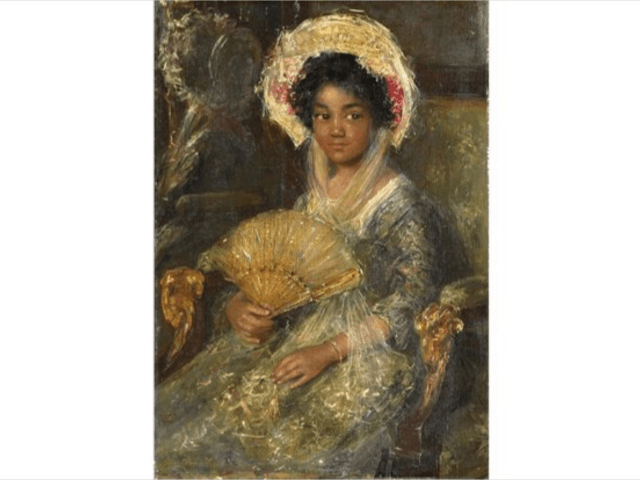A leading European art museum has expunged politically incorrect words such as “Negro”, “Indian”, “dwarf” and “Mohammedan” from its entire historical collection.
The cultural cleansing has occurred as the Rijksmuseum, in Amsterdam, and is endorsed by the International Council of Museums (ICOM) whose code of ethics is employed by many British Museums.
“The point is not to use names given by whites to others,” said Martine Gosselink, head of the history department at the Rijksmuseum, who initiated the project.
“Our main concern is to get rid of the insulting descriptions online. Until now we’ve found 132 descriptions with the word ‘negro’ in them, and it’s quite easy to change that”.
Speaking to the New York Times, Mr. Gosselink argued that erasing historical context and altering original names was about being nice to people from abroad.
“We Dutch are called kaas kops, or cheeseheads, sometimes, and we wouldn’t like it if we went to a museum in another country and saw descriptions of images of us as ‘kaas kop woman with kaas kop child,’ and that’s exactly the same as what’s happening here.”
Julian Spalding, an art historian, argued to the contrary:
“I think it’s absolutely wrong to remove words like ‘negro’ and even ‘nigger’ from historical texts. On one level, it’s dishonest, because it rewrites history. On an artistic level, it’s censorship, as bad as playing The Merchant of Venice without Shylock.”
More than 200 works have been altered so far at the Amsterdam museum. These include the notes for a portrait described a “negro servant”, which is now describe a “young black servant”, and painting called Young Negro-Girl (above) from 1900, which has been renamed Young Girl Holding a Fan.
Raphaël Roig, secretary of the ICOM’s ethics committee, said that his organisation was “very supportive towards the Rijksmuseum’s decision”.
The British Museum, the National Gallery and the Tate all subscribe to the IOCM’s code of ethics, and according to analyses by the Times, scores of works have already been altered here in the UK.

COMMENTS
Please let us know if you're having issues with commenting.